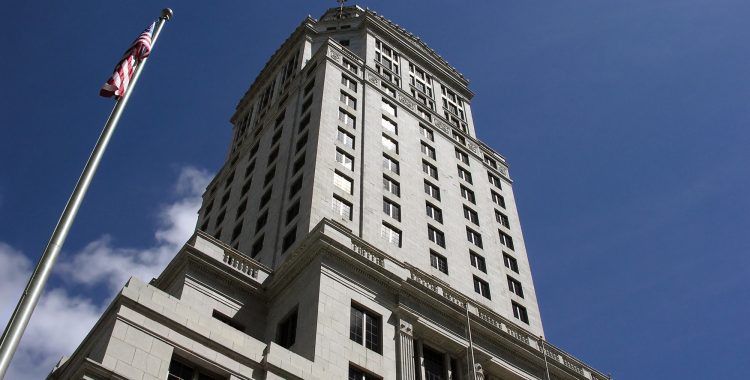Service of Direct Appeals
Court procedures can be lengthy. It takes a significant amount of time to convict or clear a person of a crime. Conviction is mostly followed by appeals. The law offers different kinds of appeals. Direct appeal is one of them. In fact, after conviction, direct appeal is the first step taken by the convict and his or her lawyers.
Reason Behind Direct Appeals
The reason for filing a direct appeal is to challenge the court or law against an unjust or unfair conviction. It is the right of a criminal, given by law, that he may appeal to get his sentence reviewed.
Direct Appeal in Detail
A federal criminal defendant can ask for a direct appeal after trial or after a guilty plea for asking to review his conviction or sentence. No punishment is final until it has been evaluated and affirmed through the direct appeal. The court that hears direct appeals is known as the appellate court. The job of this court is to make sure that all proceedings of the trial were carried out according to law. The appellate court does not require any new evidence or witnesses. The court evaluates the appeal based on the reporter’s transcripts of the trial court proceedings. Remember, in an appellate court, the defendant is not indicated as a criminal – but as an appellant. The appellant is not supposed to appear in front of the appellate court. The appellant is represented by his lawyers. Lawyers from both sides may appear in the court and hand over their arguments in writing. Attorneys can also appear in the court to debate orally in an appellant court.
Procedure
You can file a request for a direct appeal after the trial within the time period stated by the court. The lawyer has to present a written argument, known as a brief, after the appeal has been registered. The brief must be submitted within the deadline given by the court unless you have been granted an extension.
Issues that can be Raised through Direct Appeal
It is important to note that the appellant court does not decide whether the appellant is guilty or innocent. The job of the court is to review the trial proceedings. The court reviews the following issues:
- Whether the evidence does or does not support the court verdict.
- If evidence was excluded from the trial or improperly presented.
- A review of the judge’s pre-trial and trial rulings.
- If there were any legal errors leading to the court ruling.
- The correctness of the sentence given to the defendant.
Not all direct appeals may lead to sentence reversal or a retrial. Sometimes a legal error might not affect the outcome of the case.
Appeals are complicated procedures like almost all court procedures. However, it is the right of a criminal defendant to appeal. It is important to be represented by a good lawyer to earn a fruitful outcome from the direct appeal. An appeal is required to meet set deadlines, court rules and regulations, and a good presentation of all legal documents with references to relevant trial events.





